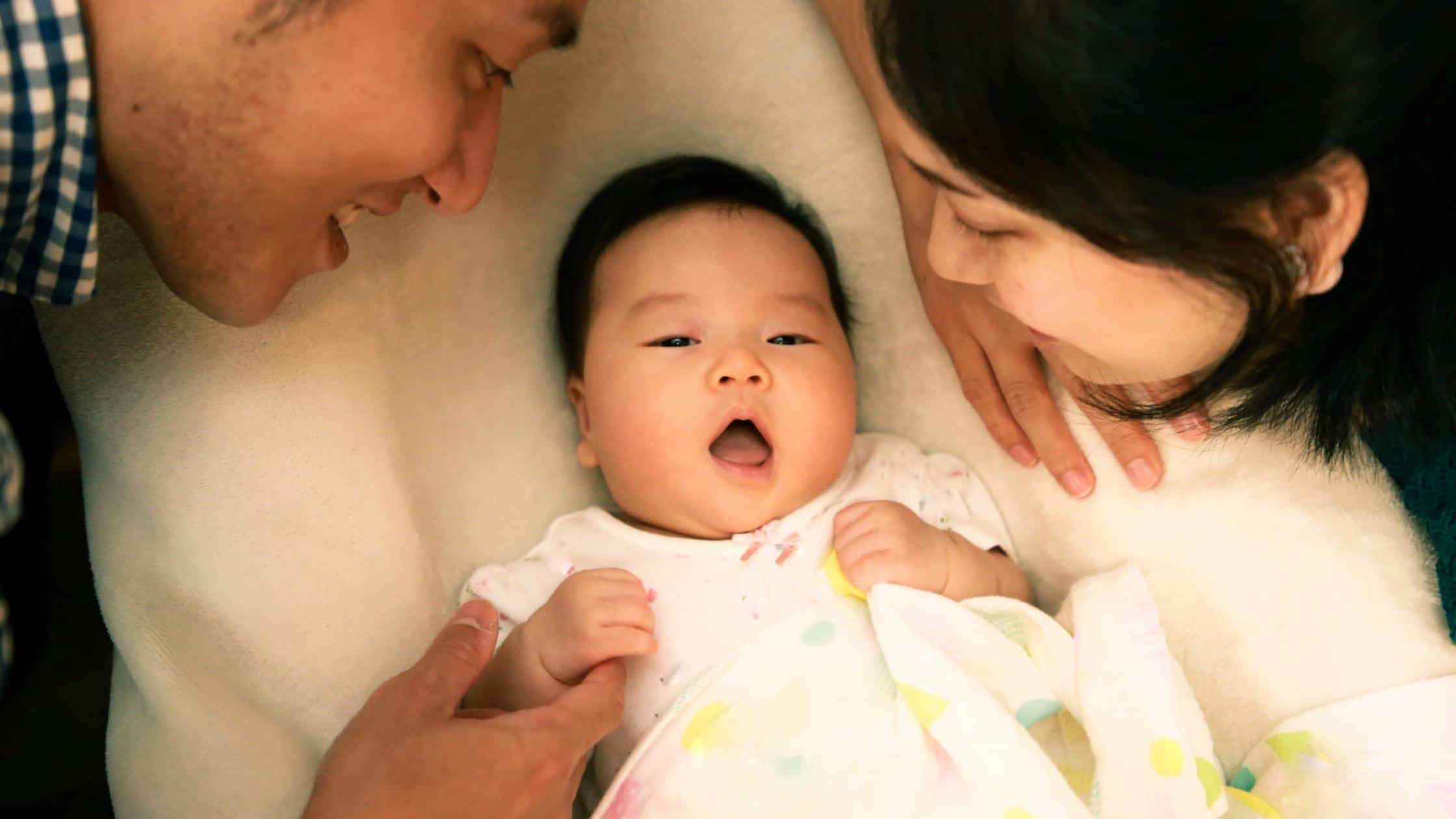Sometimes, taking care of a newborn or infant can seem like you’re playing a high stakes game of Jenga. You can work so hard to build up your tower but in one instant, it can all come crashing down around you. That is exactly what experiencing sleep regression in a baby can feel like. Well, it may not be as easy as it is in Jenga to pick up the pieces and start new as it is with a small baby, but there are definitely things that you can do to help bring everything back to its rightful place again. Read on to learn more about understanding and dealing with sleep regressions in your baby and feel free to contact us afterwards to share your thoughts or experiences. We’d love to hear from you!
“Sleep Regressions” explained
Sleep regressions happen in all babies starting from a very early age. Try not to think of sleep regressions as a bad thing. They actually indicate brain development, which means your baby is growing, learning, and their sleep patterns are maturing and becoming more adult-like. Your baby’s sleep may temporarily be a bit off, but it is generally relatively easy to help your baby get back on track within a few days to 1 week, especially if your baby already has a solid routine and sleep patterns/skills.
The first instance of a sleep regression usually hits at just six weeks old and then again at four months old and then again at about nine months old. Each sleep regression stage can last between two and four weeks and can involve several different things. Here are a few signs to watch out for that your child may be experiencing a sleep regression period:
- Sudden waking and irritability at night where previously there was none.
- Inability to sleep well during naps, either being shorter or more fitful.
- Sudden struggle to get your child to actually go to sleep at night or at naptime.
- Skipping naps entirely or “not feeling tired or sleepy” during regular nap hours.
- Other sudden changes in your child’s sleep pattern that aren’t part of something that could be explained like holiday travel or houseguests etc.
- Lack of food intake.
How To Deal With Sleep Regression
First, the best thing to keep in mind during a period of sleep regression is that this is temporary! Your life and your baby will get back to a normal routine, or slightly modified routine, soon. It will just take some time. You can ride it out! Here are some other things to keep in mind:
- Sleep regressions often require additional feedings. Watch for additional hunger signifiers throughout the day.
- Create a soothing room environment in order to maximize sleep potential. Dark curtains, soothing music and/or white noise, temperature of 68-72, low noise, etc.
- Continue to stick to your night time routines. Feeding, bath, story, etc. This will help keep you and your baby on track.
- Try adjusting the time your child starts getting to sleep at night. You may find that they are ready earlier during a sleep regression period.
- Surprisingly enough, try putting your baby to sleep when they are more awake than usual. This means that you can put them down in their crib or bassinet while they are still slightly drowsy but not full into sleep mode. This will help them eventually learn to fall asleep on their own as opposed to getting used to or relying on you rocking or soothing them to sleep completely and then putting them down in their sleeping spot.
- Don’t be afraid to ask for outside help! Either from loved ones or Newborn Care Specialists or Pediatric Sleep Consultants like us at The Early Weeks.
For The Road
Thank you for taking the time to read today’s post about sleep regression. Getting your baby to sleep can definitely be a process with varying challenges. If you have any questions about getting your baby to sleep, or your baby in general, please reach out to us HERE. We are experts in all things baby (we LOVE them) and sleep and would love to help!
If you have questions about your child, please don’t hesitate to contact us. We would love to help. Please reach out to us here! We look forward to hearing from you.
![]()
